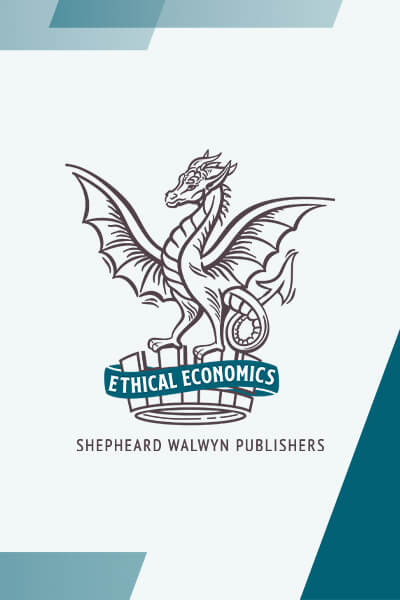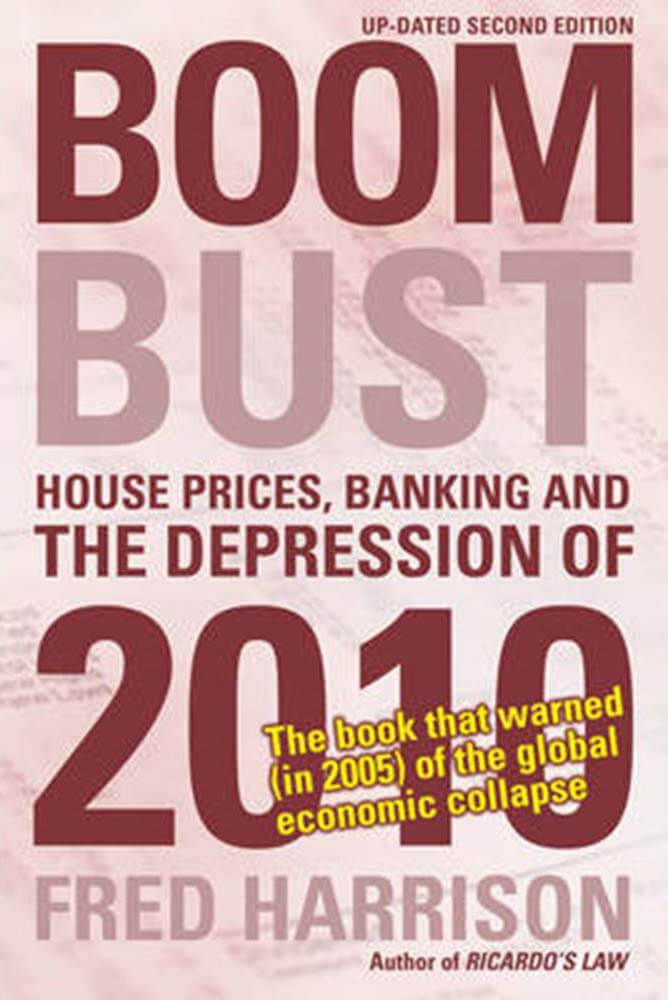It is no secret to many of our readers that an economy which ignores the vital contribution that a land value tax has to offer is subject to the peaks and troughs in the property market. Fred Harrison, the author of Boom Bust and other books predicted the crash of 2008 in 2005. He has recently being speaking to Joshua Philipp, a journalist for the International publication the Epoch Times. You can read the full article here. Some highlights from the piece are outlined below.
Fred Harrison has long focussed on identifying and predicting the likely peaks and troughs in the cycle of real estate with a view to persuading governments to respond with a change in their taxation methods. Several of his books expand on the theories made famous by Henry George and encouraged by many economists who follow in his footsteps.
‘The tax on land could theoretically break the 18-year cycle by disrupting the cycle of the real estate market, pricing people out. Since the tax is based on the value of the land only, exluding the value of improvements, it discourages the inflation of land prices.
“We’ve been so brainwashed into just not recognizing the significance of land and rent, that the economic cycle acts as it does, creating havoc, and it repeats itself when it could be so easily corrected,” Harrison said.’
Shepheard-Walwyn supports the Georgist concepts outlined within Fred’s books and others within the Ethical Economics programme. Manzoor’s pragmatic approach is to recognise that change is not easily made and that business leaders need to learn how to work with what they have. How do our readers think we can face the next downturn? We would be interested to hear your comments.







